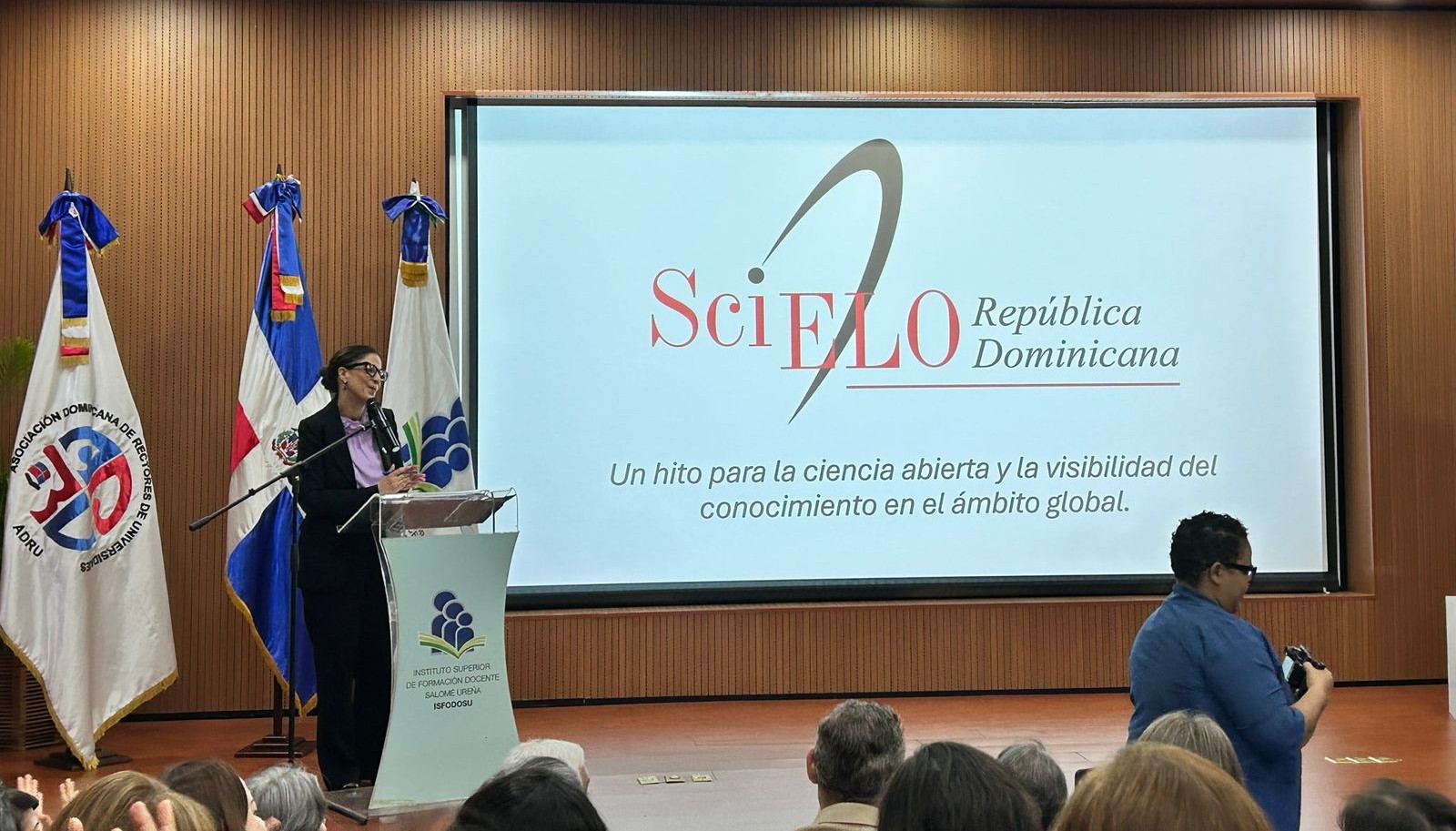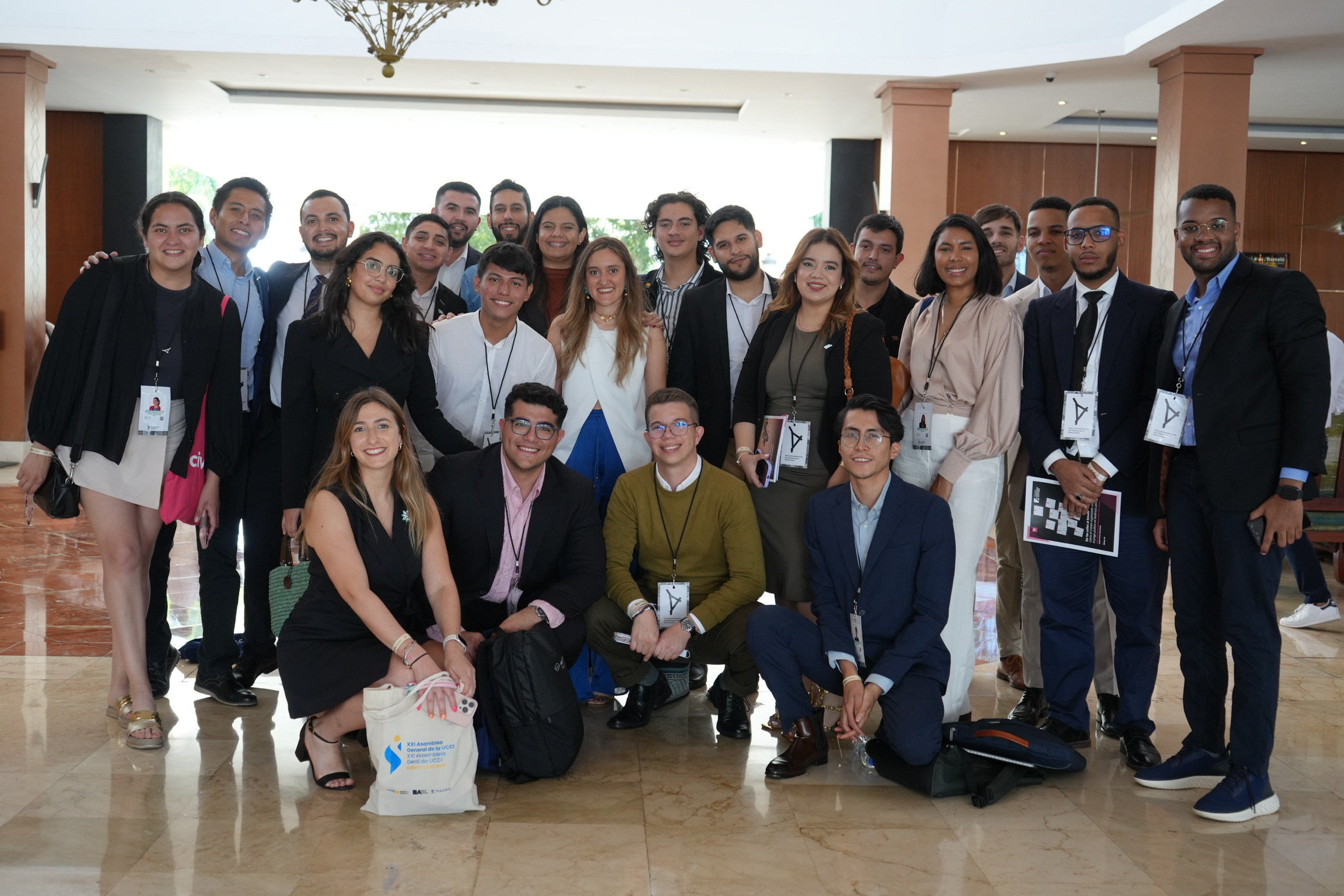This paper, presented at the V International Conference on Administrative, Accounting and Computer Sciences (V CICACI 2025), held at the Technical University of Babahoyo (Ecuador), addresses cybersecurity and digital surveillance as central issues of contemporary power, not only from a geopolitical perspective, but also from a strategic and administrative viewpoint.
Building on Hamilton’s prognosis of the conflict between security and freedom, we analyze how this tension is intensifying in the era of big data, artificial intelligence and algorithmic governance, directly affecting public and private governance structures in the Global South.
It offers a critical understanding of how digital transformation impacts administrative and financial systems, where data becomes a fundamental input not only for accounting analysis, but also for predictive surveillance and narrative manipulation. The paper articulates theoretical frameworks such as surveillance capitalism (Zuboff), panopticism (Foucault), coercive transparency (Han) and fluid control (Bauman), proposing a comprehensive sociopolitical interpretation of contemporary digital infrastructure.
The study is based on a qualitative-interpretative methodology, based on documentary review and paradigmatic empirical cases: Snowden, Pegasus, Huawei 5G, fake news and leaks such as Guacamaya Leaks and Safe City. These cases allow us to highlight the risks not only for democracy and citizens’ rights, but also for institutional management and organizational planning.
From the administrative sciences approach, cybersecurity can no longer be understood as a merely technical or support issue, but as a strategic dimension of the first order. Its impact is manifested in the protection of IT assets, the integrity of decision-making processes, operational continuity and institutional trust.
For public administration, digital sovereignty is key to formulating data-driven public policies and defending against external cyber threats. In the private sphere, competitiveness, reputation and innovation also depend on secure and ethical digital environments.
The paper concludes with concrete proposals aimed at strengthening progressive technological sovereignty, data ethics and critical digital literacy, emphasizing the need for post-colonial digital governance adapted to the realities of the Global South. Cybersecurity, in this context, is revealed as a cross-cutting field that directly challenges the administrative sciences, challenging its actors to integrate IT risk management and technological autonomy as axes of institutional transformation and sustainable development.
Author:
Dr. Clara Elisa Tapia Nin – Vice Rector of Graduate Studies
 Español
Español English
English










